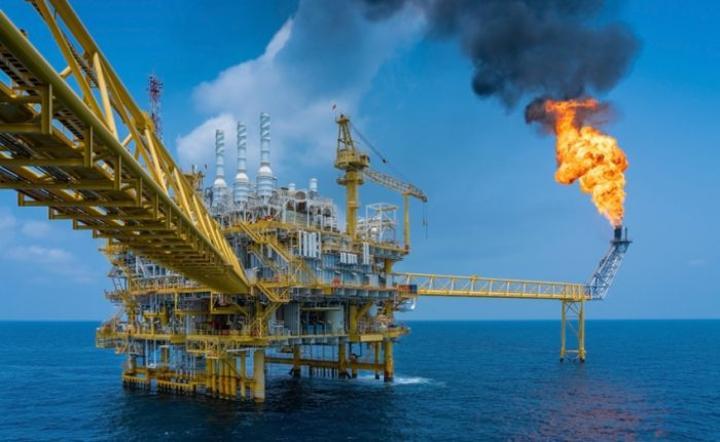Africa-Press – Namibia. Uruguay’s state-run energy company, Ancap, is on the verge of finalizing terms for a record seven offshore exploration licenses, with plans to attract global players such as Shell and APA Corp. Despite no previous discoveries of oil or gas in Uruguayan waters, recent findings off the coast of Namibia have stirred interest in the region’s untapped potential.
Geologists believe that millions of years ago, Namibia and Uruguay were connected before the separation of Africa and South America. This shared geological history has piqued curiosity among energy majors, as the two regions mirror each other.
While acknowledging that Uruguay’s energy exploration remains a frontier endeavour, Santiago Ferro, overseeing energy transition at Ancap, sees significant potential. He suggests that if discoveries are made, recoverable resources could reach billions of barrels of oil equivalent (BOE), primarily weighted toward gas.
For the first time, all seven offshore blocks, situated 100-300 kilometres (62-186 miles) from Uruguay’s coast, will be explored by international firms. Contract finalization with Ancap is expected by mid-October, with Shell, Argentina’s YPF, and APA Corp among the licensees.
Ancap estimates potential oil and gas in place at approximately 20 billion barrels. Should discoveries materialize, production targets can be set, and Ancap anticipates the first exploratory offshore well from this licensing round to be drilled by the end of 2027.
**High Risk and High Reward**
Uruguay has been on the quest for oil for decades but has yet to strike commercially viable reserves. Previous auctions attracted industry leaders like BP and TotalEnergies, yielding only dry wells. As a result, Uruguay relies on spot market purchases for its oil and gas needs.
Despite the allure of Latin America’s offshore oil potential, only Brazil, Guyana, and Suriname have experienced significant commercial success in recent years. Analysts recognize the high-risk nature of Uruguay’s prospects but understand the appeal for companies willing to chase substantial rewards.
Challenger Energy, a UK-based firm, secured two of Uruguay’s seven licenses, encouraged by the government’s commitment and support. Although exploration is in its early stages, recent discoveries in Namibia have boosted confidence in the potential for oil reserves.
The next step for licensees is to assess the areas through seismic data analysis, potentially leading to drilling operations commencing as early as 2026. With modern technology and decades of seismic data at their disposal, companies are optimistic about unveiling Uruguay’s offshore energy potential.
As Uruguay pushes forward in its quest for energy resources, the world watches with interest to see if this frontier market can turn geological history into a story of energy success.
For More News And Analysis About Namibia Follow Africa-Press






